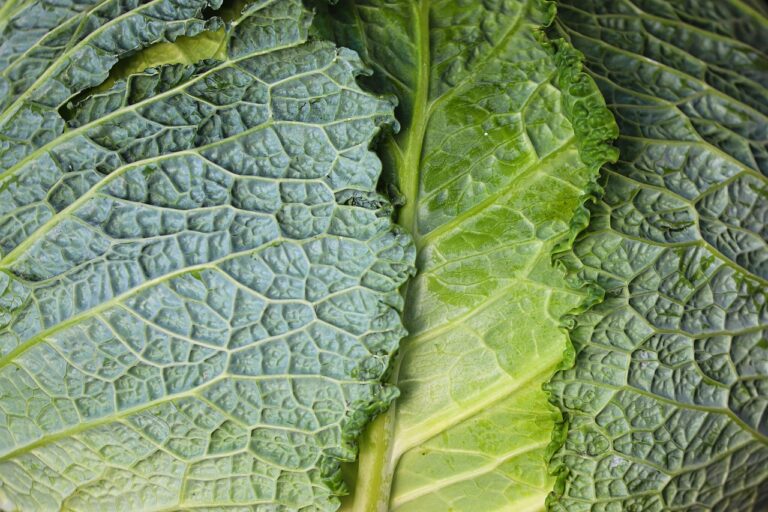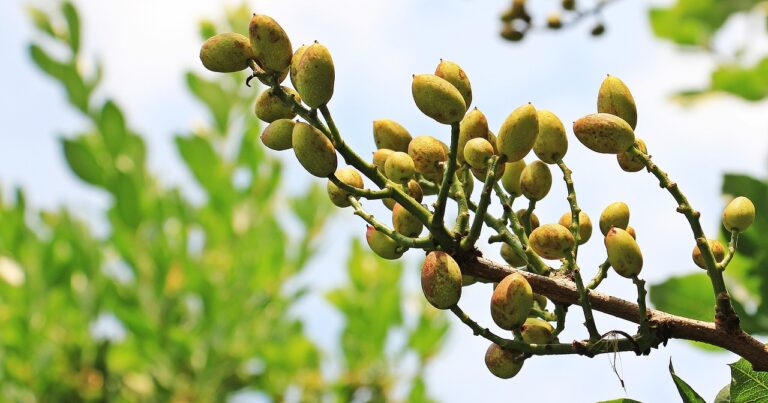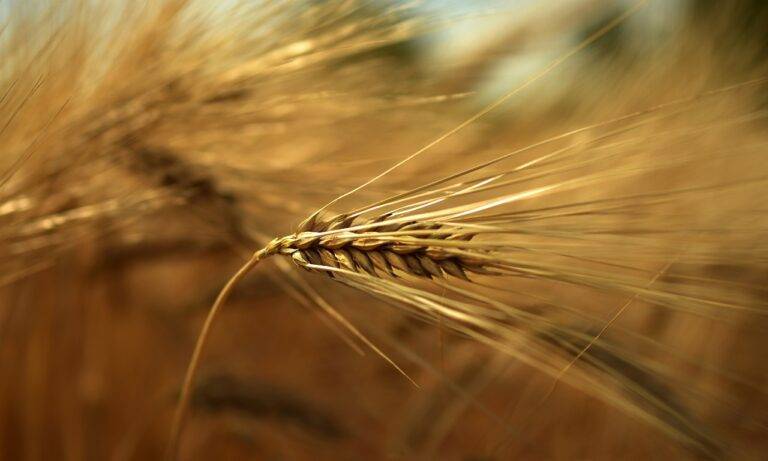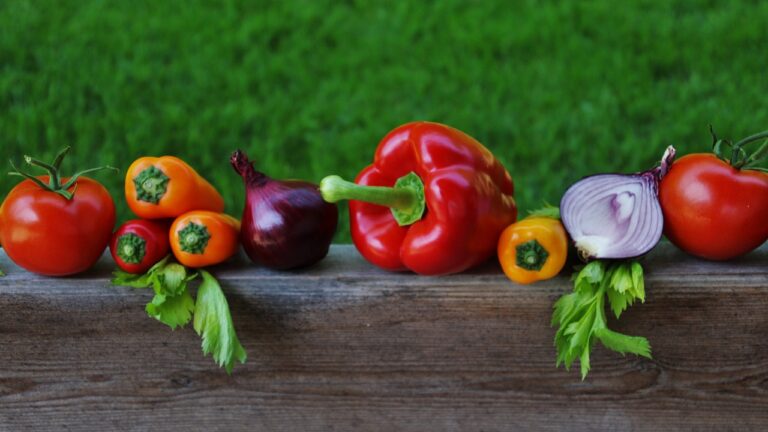The Impact of Food Industry on Sustainable Agriculture Policies and Initiatives
The food industry plays a significant role in shaping agricultural practices through its demand for certain types of crops and produce. Market trends and consumer preferences heavily influence the choices that farmers make regarding what to plant and how to cultivate their land. As large purchasers of agricultural products, the food industry has the power to drive changes in farming techniques and sustainability measures.
Moreover, the food industry can also influence agricultural practices by setting standards and certifications that farmers must adhere to in order to sell their products. These requirements may include guidelines for pesticide use, soil management, water conservation, and animal welfare. By establishing these criteria, the food industry helps to promote more sustainable and environmentally friendly farming methods across the supply chain.
Challenges Faced by Sustainable Agriculture Policies
Sustainable agriculture policies often face significant hurdles in implementation. One major challenge is the resistance from traditional farming communities who may be reluctant to adopt new practices or technologies. This resistance can stem from a fear of change, lack of access to information, or economic constraints that make transitioning to sustainable methods difficult.
Another obstacle faced by sustainable agriculture policies is the complex nature of the agricultural industry. Balancing the needs of farmers, consumers, and the environment while also adhering to regulatory requirements can be a daunting task. Additionally, external factors such as climate change and market fluctuations can further complicate efforts to promote sustainability in agriculture. Finding solutions that are both effective and acceptable to all stakeholders remains a key challenge for sustainable agriculture policies.
Innovations in Agricultural Technology to Support Sustainability
Agricultural technology has been evolving rapidly in recent years, with a focus on sustainability at the forefront. One of the key innovations in this field is precision agriculture, which involves using data-driven technologies to optimize the use of resources such as water, fertilizer, and pesticides. By using sensors, GPS technology, and drones, farmers can monitor and manage their crops more efficiently, leading to increased productivity while minimizing environmental impact.
Another important technological advancement is the development of biotechnology and genetically modified organisms (GMOs). These innovations have allowed for the creation of crops that are more resilient to pests, diseases, and extreme weather conditions. By incorporating GMOs into agricultural practices, farmers can reduce the need for chemical inputs, improve crop yields, and enhance overall sustainability in food production.
What is the role of the food industry in shaping agricultural practices?
The food industry plays a crucial role in influencing agricultural practices through demand for sustainable products, supporting farmers with technology and resources, and promoting environmentally friendly practices.
What are some challenges faced by sustainable agriculture policies?
Some challenges faced by sustainable agriculture policies include lack of financial support, resistance to change from traditional practices, and the need for more education and training for farmers.
What are some innovations in agricultural technology that support sustainability?
Innovations in agricultural technology that support sustainability include precision farming techniques, use of drones for monitoring crops, development of drought-resistant crops, and adoption of sustainable irrigation practices.







